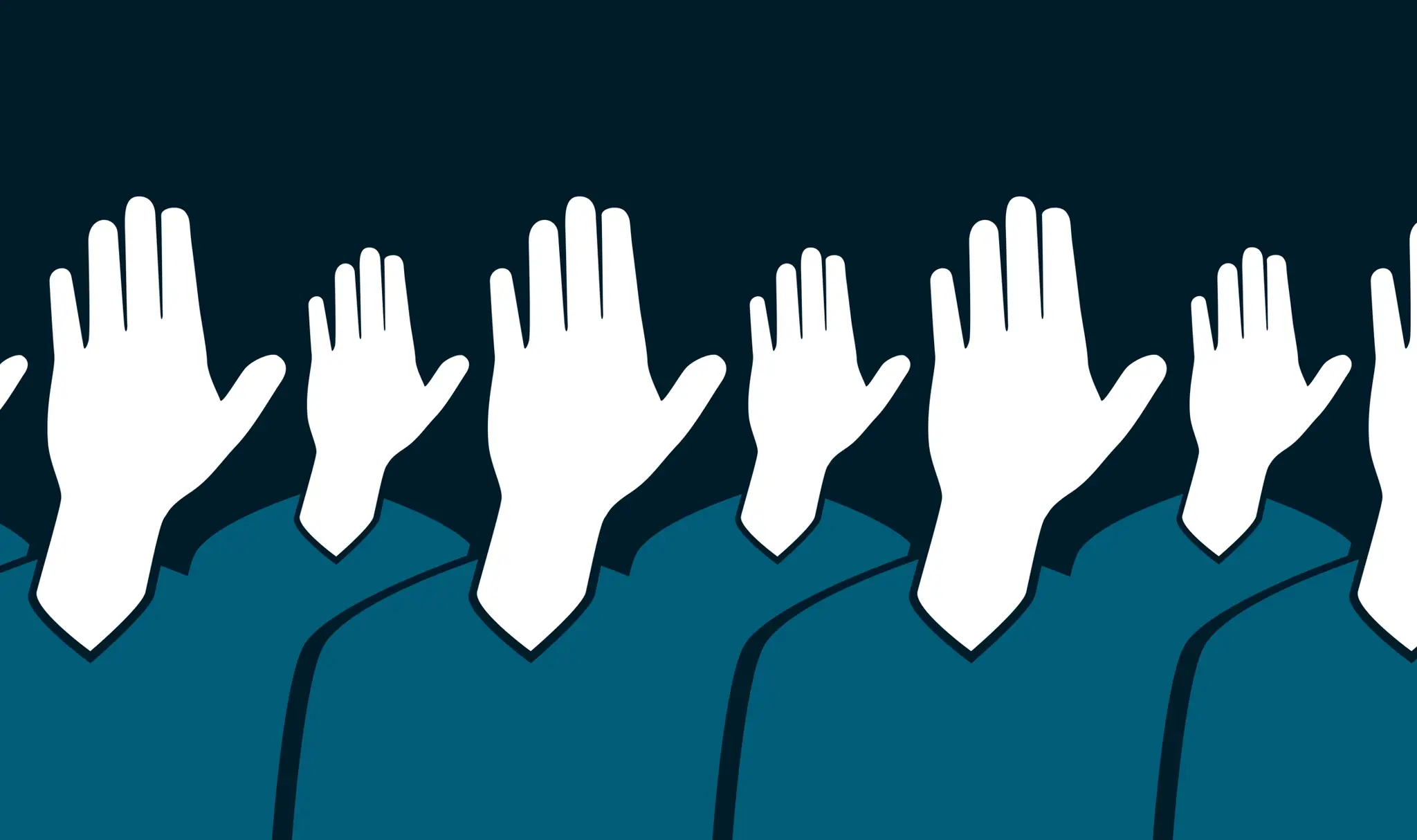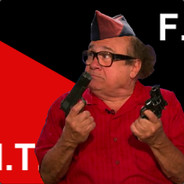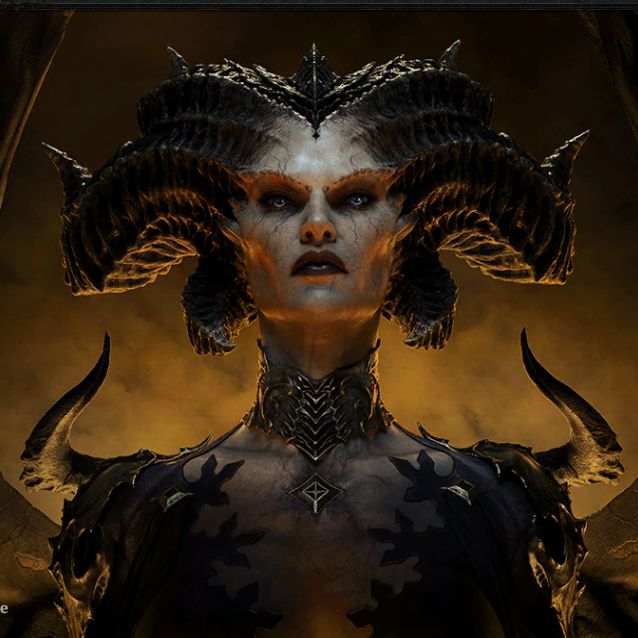Dear god I’m so glad I’m old enough to have missed all this.
As a guy whom Simone de Beauvoir’s The Second Sex appealed to in high school because I was a big tall guy who just wanted to read and write poetry, the whole alt-right pipeline seems wild to me. The book spoke to me deeply about societal expectations of what “man” and “woman” are and it’s clearly all performative. Reading the book allowed me to be comfortable in my own skin, knowing that people trying to hurt me by calling me slurs and insinuating I must be “queer” are people who are stuck in performative mode, and they clearly are unwilling to accept other people as they are (thus the willingness to ridicule others for being “different”).
Also, slight aside, it definitely feels like reading is a better way to find yourself than watching videos. I remember watching “What the Bleep do We Know” in college and the shocking realization just how much information was being left out of the film. There were a number of scientists interviewed for the film who condemned it saying their words had been purposefully twisted into supporting the absolute bullshit thesis of the film. I have always preferred books with footnotes and references, so you can actually dig for more information instead of just “trusting” the source is being honest. Videos often have a type of “truthiness” to them, where all they offer is sounding like something that would be true.
Arguably, it’s why Fahrenheit 451 is one of my favorite books. Captain Beatty’s monologue about how all books contradicted each other is absolutely choice, and Beatty nearly succeeds in convincing the reader he is correct, but there’s just enough wiggle room for the reader to continue siding with the protagonist. Utterly brilliant antagonist, and I think a figure more deserving of analysis in regards to the alt-right pipeline, because it feels like they’ve taken Beatty’s argument to heart: All the books disagree with each other, so you can’t trust any of it. You can only trust this group of men who all agree with each other.
I am but a simple human - I see a Fahrenheit 451 reference, I upvote it.
As a tall guy who wanted to read and write poetry and also enjoyed moving my body a lot, which included dancing while being quite shy, I 've been called “closeted straight” when I was young.
I agree with everything you wrote, especially with the books > videos. Beside the space a book provides for the author to express himself clearly, it is also a quite active mode of engagement with content, since in following the narrative, imagining and understanding it, who we are is actually quite important too.
Oh, and Fahrenheit 451… what a great book!
I was there 15 years ago as well. There were no Shapiros or Petersons because online video was still in its infancy, but a conservative upbringing and online spaces definitely pushed me down the path that the author writes about.
I changed when I went to university as well. It wasn’t liberal arts courses that got me out, it was simply being around a wide variety of different peoples and ideas. Universities don’t teach you to be “woke,” it forces you into contact with people outside your bubble.
Yup. I found 4chan like 13 years ago, right around when the “pools closed” thing happened. I was unhappy, dissatisfied with society, alienated from other people, and thought I was better than everyone else. Thats a dangerous combination, and I started off by trying to just be ‘edgy’ and shock people, but with increasing desensitization i shudder to think what might have happened if I hadn’t started smoking weed and talking to more people and eventually found psychedelics. I don’t cesdit drugs alone with getting me out but it definitely helped me relate to others and build a sense of empathy which allowed me to see through the (in retrospect) bullshit.
Me too as a younger guy in my early 20s. I was failing university and my parents cut me off and life hit me real hard all at once. Fortunately I had a mental breakdown which forced me to reconcile with it all and the most supportive girlfriend (now wife). I climbed out too but damn.
I almost fell down it around 3 years ago, watching “SJWs and feminists against video games” type videos and actively searching for them but then one day I just stopped. I really am thankful that the Youtube algorithm didn’t hit me that hard.
I’ll never understand how “SJWs and feminists against video games” continues to be a trope.
Portal was released in 2007, and by 2010 I had read a litany of articles about how Portal was a feminist masterpiece, turning the classic First Person Shooter starring a violent male protagonist on it’s head entirely, giving you a gun that makes holes. Each time you pass through a portal, you are rebirthed. There are no male characters. The only “male” coded character is the companion cube, which you are pressed to abandon by GlaDOS.
Anyway, plenty of feminists fucking loved that game, so I don’t understand how this perception continues unabated.
I mean, so many alt-right tropes don’t hold water the moment they’re held up against any sort of critical thought. I think ultimately, the far right isn’t interested in making a logical appeal. But rather, they’re interested in making emotional arguments disguised as logical arguments.
It’s this whole idea that the narrative becomes more important than the facts I think?
I never caught onto any of that I always thought it was just a fun ass game to fuck around with physics
I could be wrong but I have a feeling even if a player doesn’t dissect a game’s deep implications (and why would they?), experiencing a different gameplay like Portal’s has a bigger influence than we might expect.
Damn. I missed all the politics around the game and just enjoyed the hell out of it.
For those who want to catch up: https://www.youtube.com/watch?v=c6TrKkkVEhs&list=PLJA_jUddXvY62dhVThbeegLPpvQlR4CjF&index=4
I kinda feel like that’s a journey many young men take. Mine was luckily really brief. I watched a bit of Dave Rubin (I believe that was his name) and his interview show. In the beginning it was all quite interesting and made some sense, but then he invited more extreme interviewees and it all quickly unravelled.
This article is a shining example of the right’s obsession with attacking educational institutions. Educated folks actively challenge and test their beliefs in an effort to grow, and this usually involves questioning what they were taught when young.








